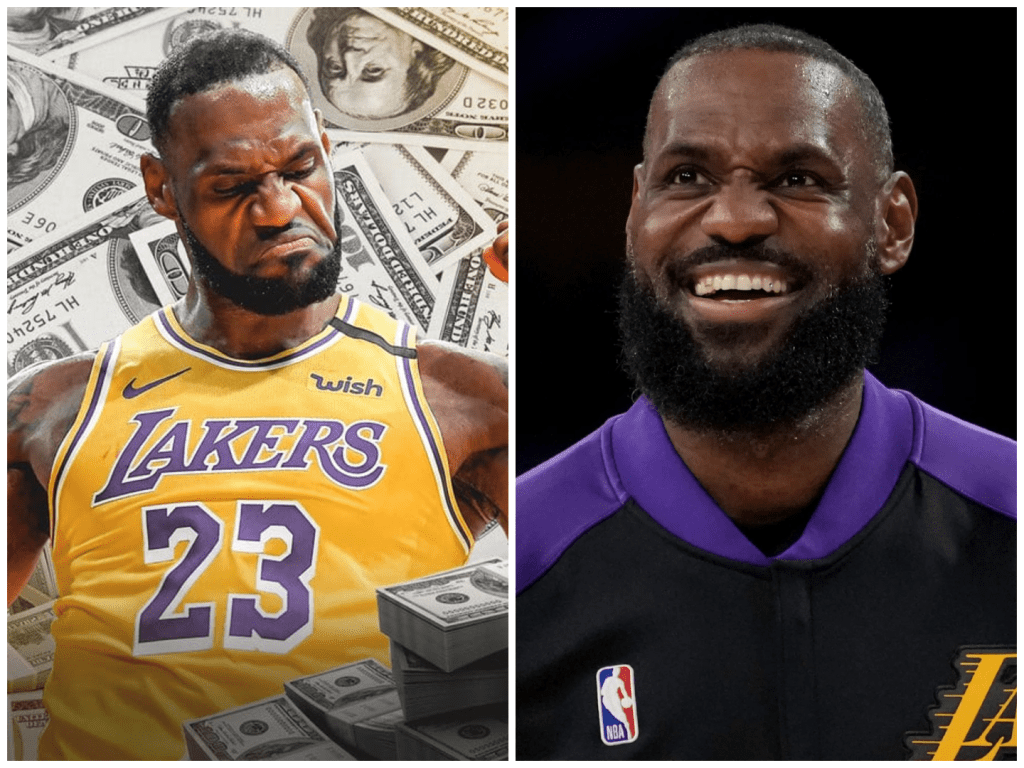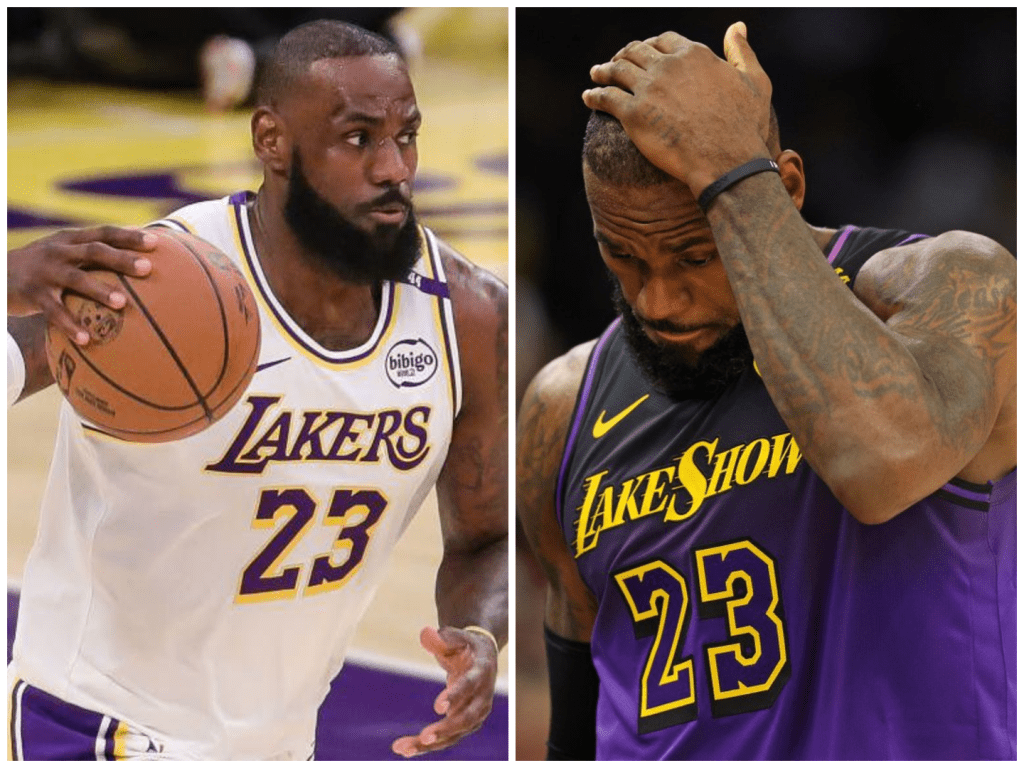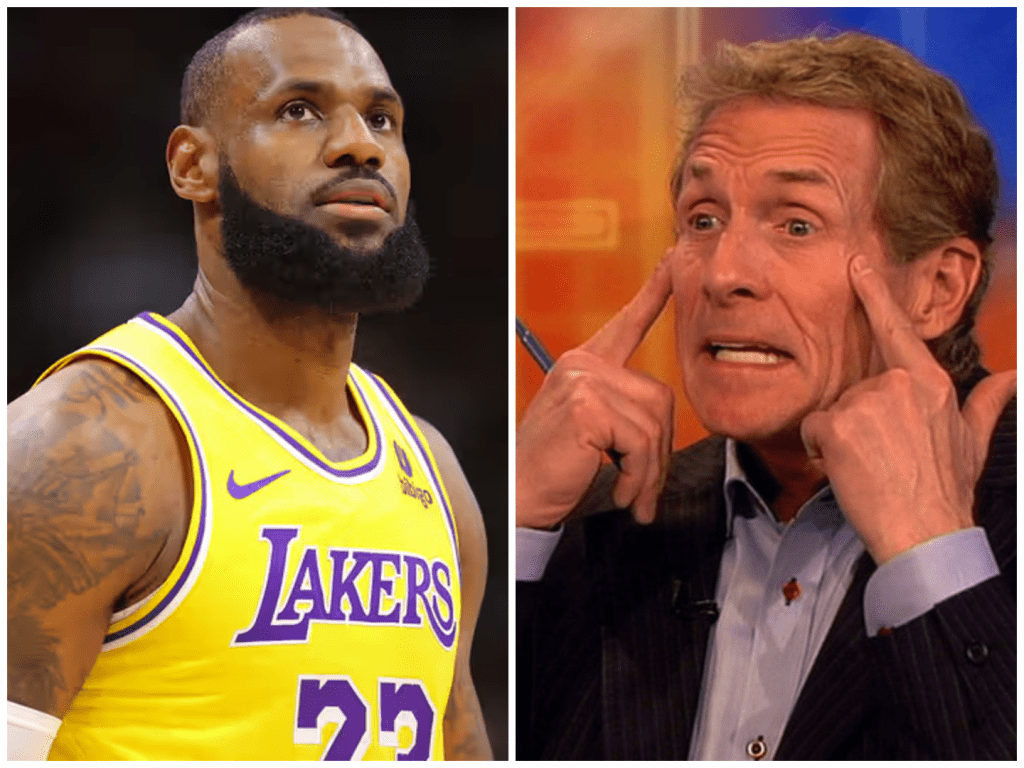Why LeBron Still Took That $52.6 Million at 41 — And Why Fans and Critics Are Split Over His Legacy Move

I’ll admit it—I spent the entire night thinking about LeBron James announcing he’d opted into his $52.6 million player option for the upcoming NBA season. And I couldn’t believe the heat Skip Bayless brought down on it. LeBron entering year 23 at age 41 and choosing to take that full salary? It’s the kind of story that cuts right to the heart of what fans expect from their legends. And since that moment, my head’s been buzzing: What does this decision really mean—for LeBron, for the Lakers, for basketball?
I do believe that choice deserves context, not knee-jerk reactions. It’s easy to react in absolutes—he’s greedy, he’s undying, he’s everything at once. But somewhere between the clickbait and the viral tweets lies something true and important: the sense of legacy, determination, and love of the game that defines LeBron. And to truly understand it, I think we need to dig deeper into three things: his mindset entering year 23, the real financial dynamics of the NBA, and what happens next for the Lakers—and for his legacy.
The Mind of a 41-Year-Old Superstar

It’s hard to imagine what goes through LeBron’s mind right now. He’s 41, he’s played 22 seasons in the NBA, he’s still one of the best players in the world. He’s already one of the wealthiest athletes on earth. Yet here he is, opting into a contract worth more than most Hall of Famers have earned in their entire careers. Some call it excessive. I see something else: a man who still believes, who still wants to be here, who still sees himself capable of more.
Think about this—LeBron said he felt good during the playoffs. He joked that he might be entering his “LeBrawn” years. But more than that, he’s made it clear: he’s not done. This idea that a player his age shouldn’t take every dollar available—some critics call it old school. But if LeBron did take a pay cut—like Duncan or Brady did late in their careers—it would be strategic. Yet he didn’t. And that choice, good or bad for the team, feels true to who he is: someone who goes after every opportunity at excellence.
I kept coming back to that. It’s not that he wants money—he already has billions. It’s that it’s more than money. It’s a statement. He’s saying, “I’m still here. I still belong. I still matter.” To walk away would be easier. But choosing to stay and take everything you can? That’s LeBron.
Salary Schemes and Team Building Realities

Of course, Skip Bayless called this decision into question with blunt honesty on Monday morning. “In year 23, at age 41, couldn’t he take 20 or 30 million to help the Lakers?” He’s not wrong—on paper, the Lakers could have cleared tens of millions if LeBron had taken a pay cut. They could have chased another big wing. They could have slotted in better depth. That’s fair to say.
But the NBA’s finances aren’t that simple. Contracts aren’t just dollars. They’re timing, trade rules, structure. The Lakers already made choices this offseason: they cleared Davis’ contract, re-signed Rui Hachimura, and traded for veterans like Patrick Beverley. A LeBron pay cut wouldn’t instantly fix all roster holes. It would push the team into high-tax territory, complicating future moves. A future salary dump might cost them depth anyway.
More than that, LeBron’s presence alone changes the equation. His draw is a franchise in a city that demands results every year. His branding, his global relevance, his ability to mentor young players—it’s intangible currency. Paying him more doesn’t just clog space—it maybe helps the next wave of talent, helps the franchise pump value, helps even deeper institutional goals. Nobody denies that depth matters. But we also can’t forget the ripple effect of LeBron being here—on TV deals, on ticket sales, on global brand value.
The Bigger Picture: Legacy Beyond Money
Now ask yourself—will people remember if the Lakers signed someone else with that money? Will they care? Or will LeBron’s story yet again define the narrative? We look back and remember the Ride, not the price tag. We remember “The Block,” “The Shot,” the Finals performances at 38, and yes, the run to the Finals in 2020. We don’t talk about how much he made in 2015 versus 2018. We remember the greatness with a capital G.
LeBron will go down as one of the greatest ever, maybe the greatest. But this moment, choosing the money, is still a part of his story. Maybe not the highlight. But it’s part of who he is. You can argue he’s taking more than necessary at this age—and you’d be right. But you’ll also argue he still wants to be part of it, that he refuses to exit quietly, that he wants to earn every last year before his career ends. And I get that argument too, sometimes more than the critics do.
I guess what I’m saying is this: This isn’t a betrayal. This isn’t greed. It’s a statement of being. He’s telling us he’s still here. He’s still relevant. He’s still in the fight for respect, for titles, for excellence. That’s the same drive that carried him to the Four Rings. Even if getting one now is unlikely, pursuing it is what LeBron does.
As the season approaches, I’ll watch every wrinkle in his game. Because there’s a lot riding on it—not just wins and stats, but the meaning of staying, the meaning of taking what’s yours, the meaning of legacy told in millions. I hope he still elevates. I hope that knowing he basically paid himself full price pushes everyone else harder. I hope he wants to leave every inch in the season, every dribble, every playoff moment.
If he can elevate the team again, that choice to take every dime will feel smart. If not, critics will pounce. But either way, I think it’s honest. I think it’s who he is: a competitor, not a steward. A man who plays until he can’t. And right now, he believes he still can.